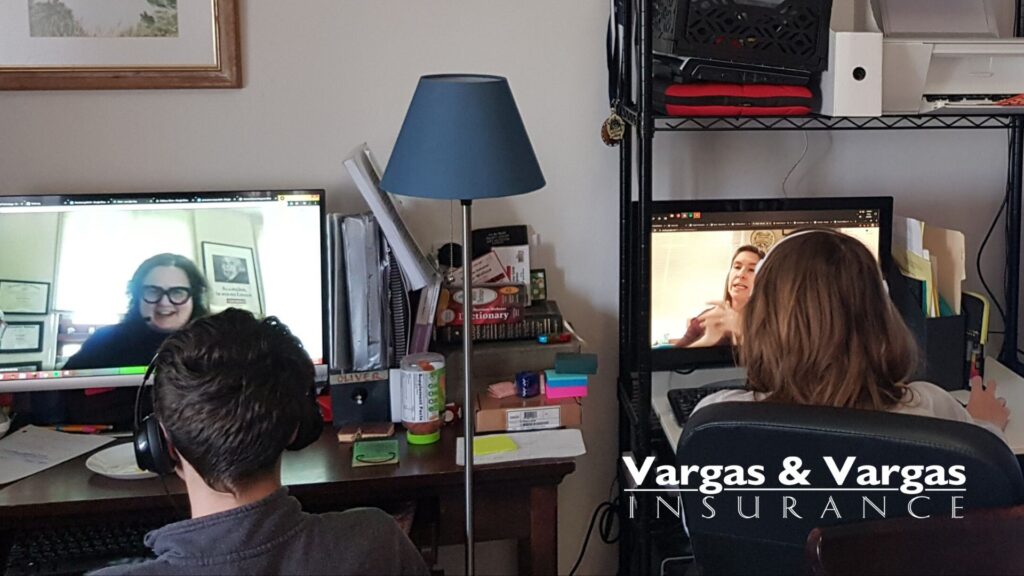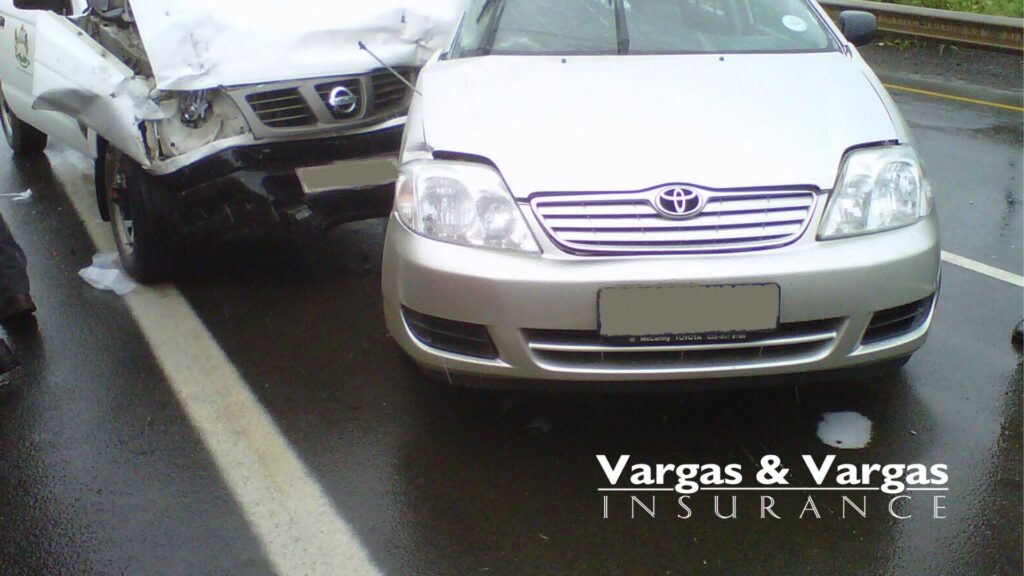What You Need to Know About Business Interruption Coverage and COVID-19

Most businesses throughout the country have experienced some type of financial loss as a result of the COVID-19 pandemic. If you have chosen or been forced to temporarily close your business, you are likely searching for ways to replace your lost income in order to avoid a permanent closure, particularly if you have not been allowed to reopen yet. Although business interruption coverage applies to many events that have a similar impact on the operations of your business, it is unlikely to be a solution to interrupted business and revenue.
What Is Business Interruption Coverage?
Business interruption insurance is a type of specialized coverage that can be added to your regular commercial insurance policy. It is intended to serve as an additional layer of assistance for businesses that must temporarily stop operating as the result of a specific event, such as a fire or natural disaster.
Business interruption insurance generally serves as a temporary replacement for income, which can be used to keep the business from being forced to permanently close after such an event. The coverage is typically used to allow the business to continue paying employees and bills until it can reopen.
Can Business Interruption Coverage Be Applied to COVID-19 Closures?
Unfortunately, most business interruption coverage policies cannot replace the income that is lost as a result of closures related to COVID-19. Many business interruption coverage policies include a clause that specifically excludes pandemics, as the policy is intended for closures that include physical damage to the business. Although business interruption insurance policies exist to cover sporadic closures, they generally do not have the funds to replace the massive amount of income lost by nearly every business in the country during the pandemic.
However, not every insurance company excludes pandemics. We highly recommend reaching out to your insurance provider for more information about specific policies regarding COVID-19. Talking directly with your agent is the best way to get your questions answered accurately.
At Vargas & Vargas Insurance, we prioritize providing the most accurate and up-to-date information regarding the various types of insurance coverage available and how they can apply to unprecedented circumstances. Contact us today to learn more about the insurance policies we offer or to request a quote.















































